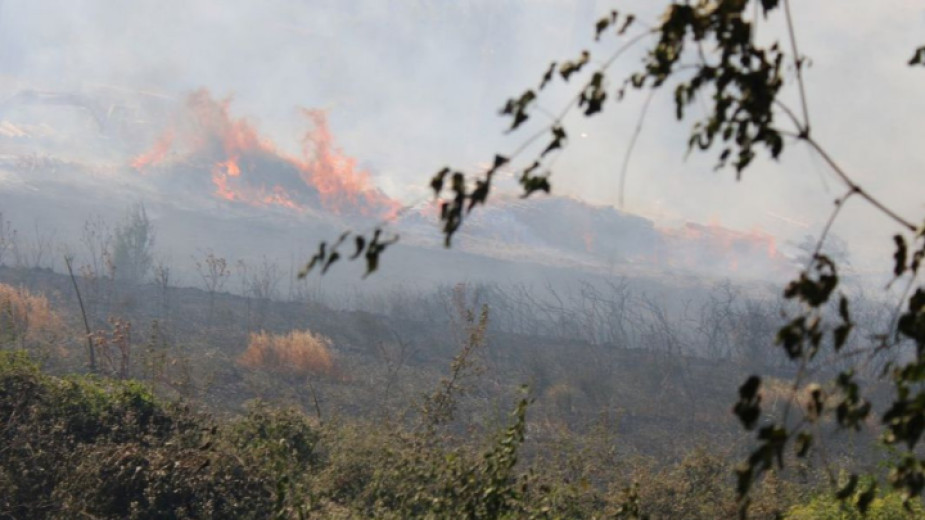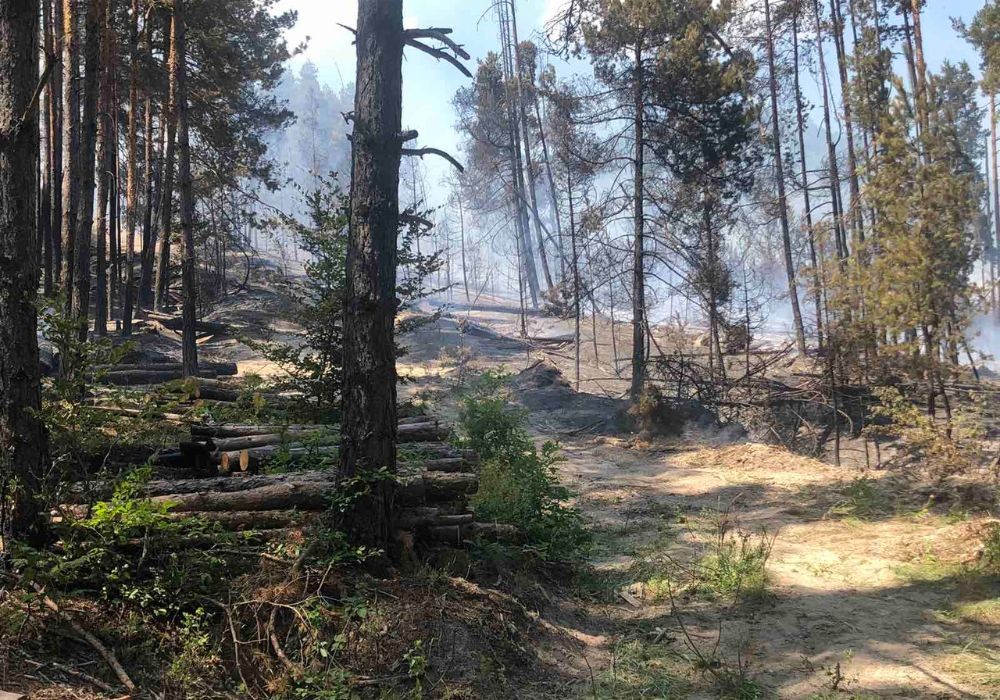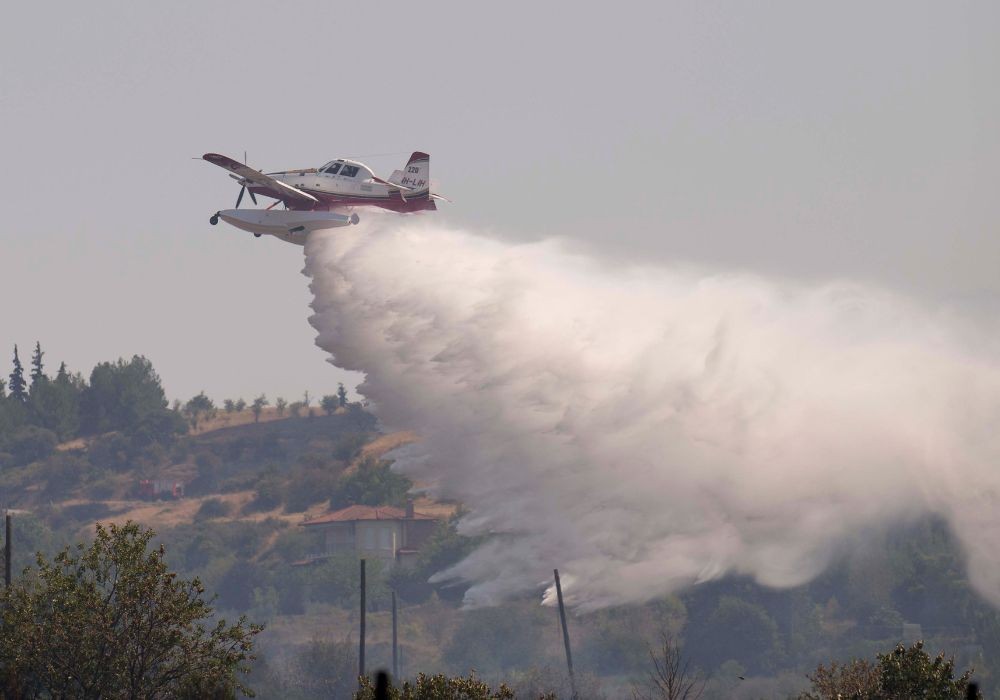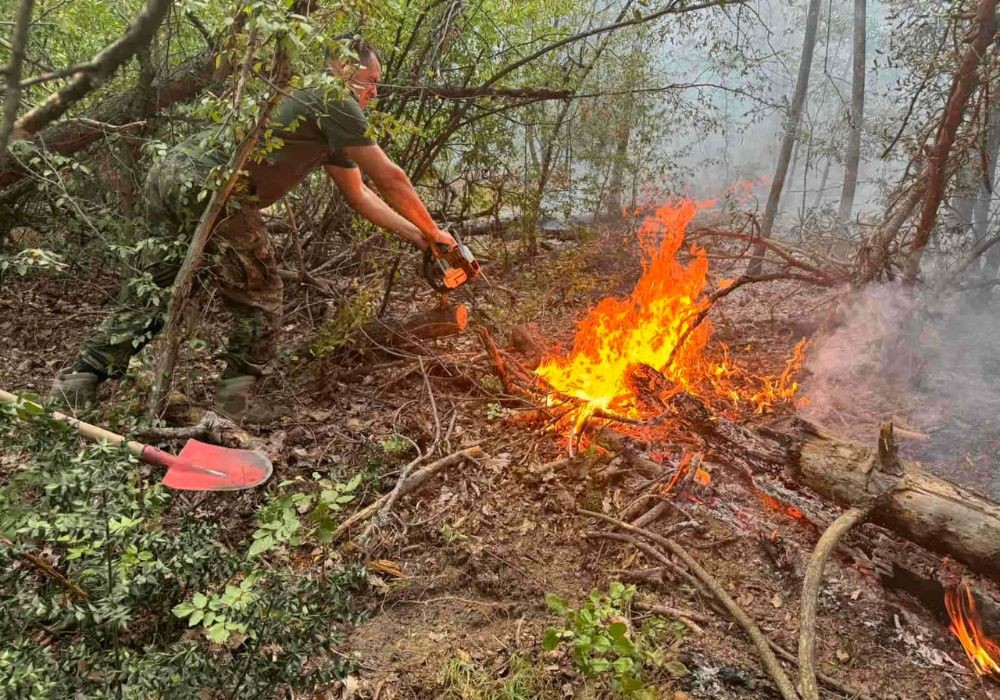 3
3





The town of Elena, Veliko Tarnovo region, will welcome thousands of guests for the Feast of the Elena pork leg meat delicacy . Balkan masters will demonstrate their culinary art on Saturday and Sunday, BNR correspondent Zdravka Maslyankova reported...
The international wine festival "Bolgrad Wine Fest" is opening today in the unofficial capital of ethnic Bulgarians in Ukraine - Bolgrad. The two-day event will be held at the Center for Culture and Recreation. For the first time, within the..
The 33rd Bulgarian polar expedition is heading to Antarctica to continue its scientific research in cooperation with scientists from different countries. For the first time, travelers from two Balkan countries - Greece and Montenegro, as well as from..
The Varna Regional Library "Pencho Slaveykov" has acquired a humanoid robot. It was unveiled by the library's director, Radka Kalcheva, during the..

+359 2 9336 661
